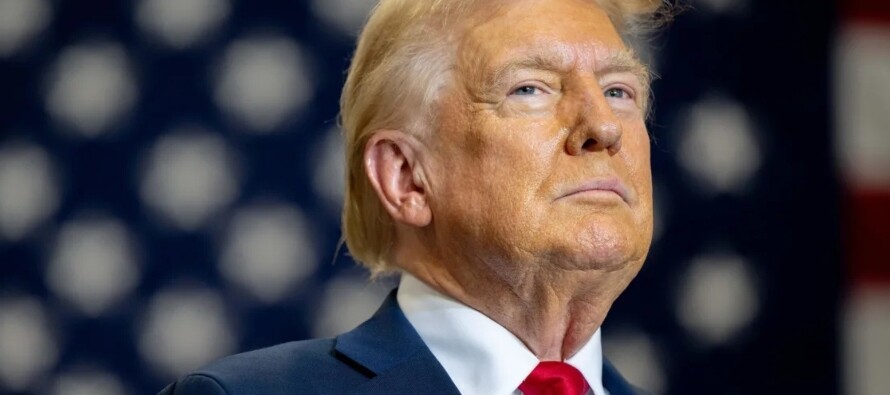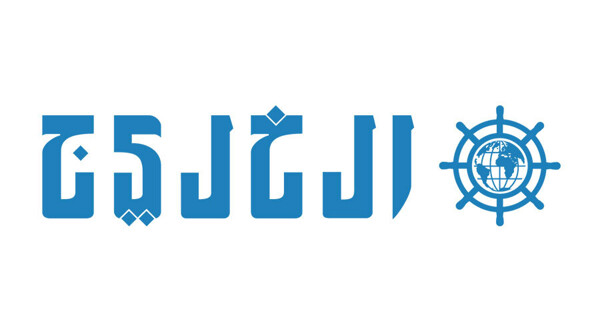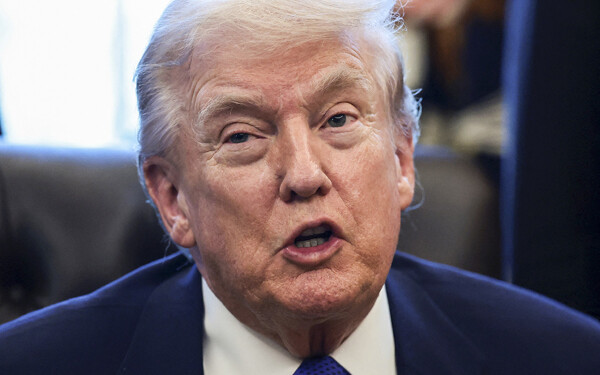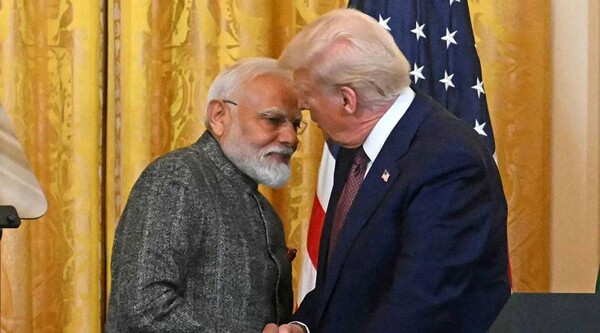
Jacob Heilbrunn, an expert in foreign policy and editor of The National Interest, believes that a second Trump administration would be radically different from the first. According to Heilbrunn, Trump has become more radicalized and would seek to pursue a revolutionary presidency if re-elected. This approach would break with the United States' foreign policy of the last 70 years, which has been based on free trade and alliances in Asia and Europe.
Heilbrunn argues that Trump could undermine the international order established since World War II, which would have negative economic and military consequences for the United States. The vision of the Republican candidate reflects pre-war trends and could trigger global instability by eliminating the stabilizing element that the United States represents.
The expert warns that withdrawing U.S. support from its allies in Europe and Asia could lead to a rise in nationalism and conflicts in the region. Trump, in a potential second term, could economically challenge China and increase pressure on Israel regarding military issues in the Middle East.
Heilbrunn also points out that the policy towards Ukraine would change significantly with Trump in the White House, which could lead to a chaotic scenario on the international stage. The expert warns that Trump is not committed to NATO's mutual defense, which could create a situation of uncertainty and vulnerability in Europe.
In summary, Heilbrunn concludes that a potential second Trump administration would profoundly impact U.S. foreign policy and the global balance of power, generating a scenario of uncertainty and possible conflicts if it deviates from traditional alliances and adopts a unilateral and disruptive approach.















